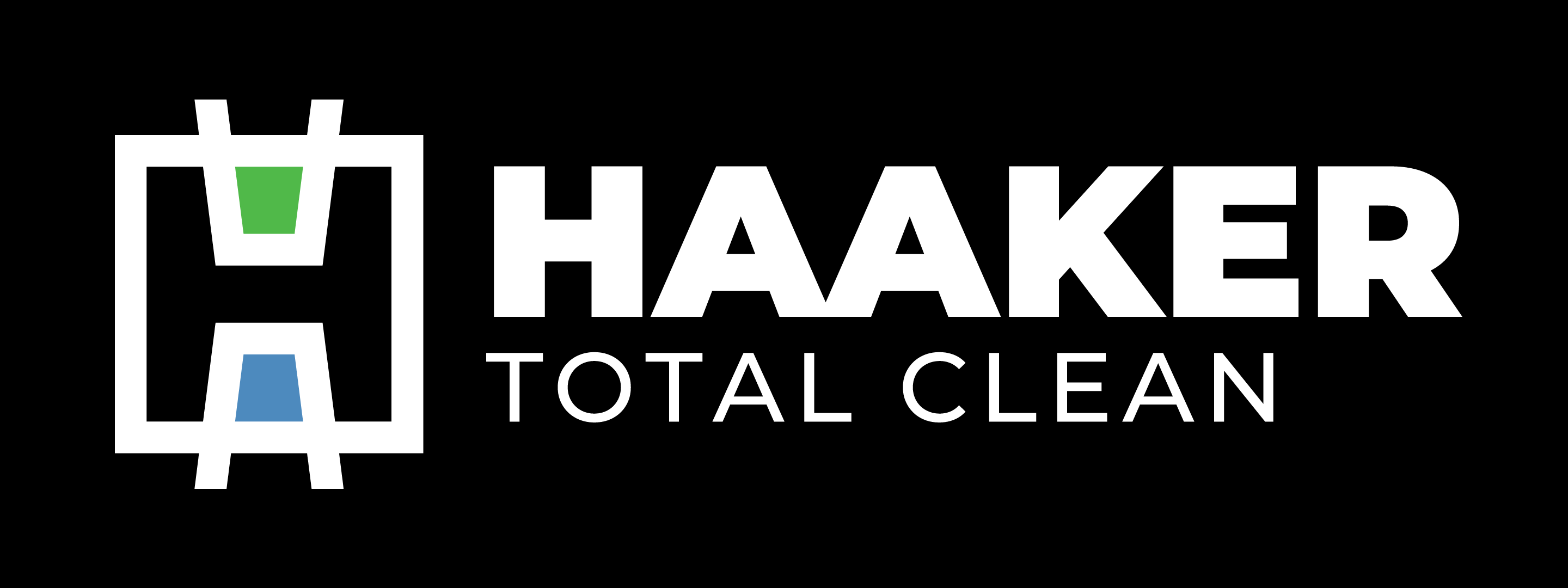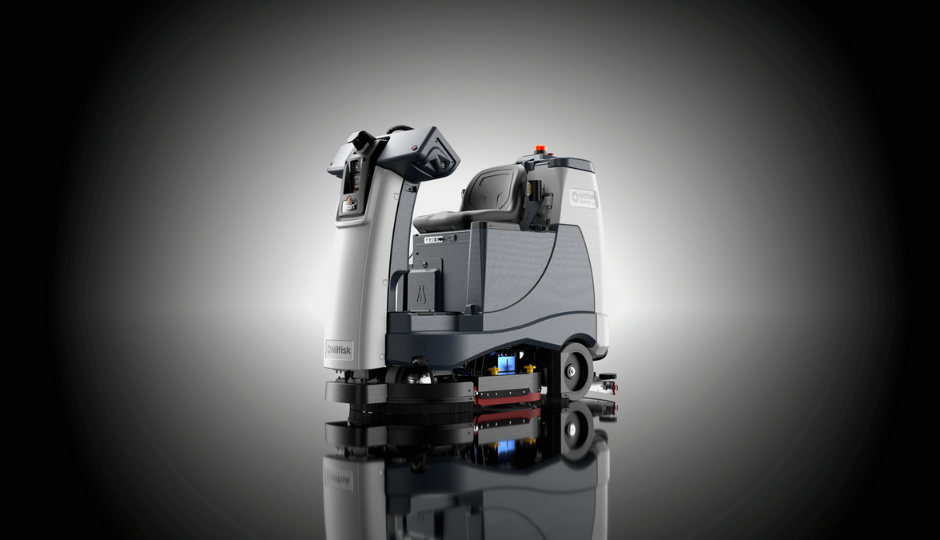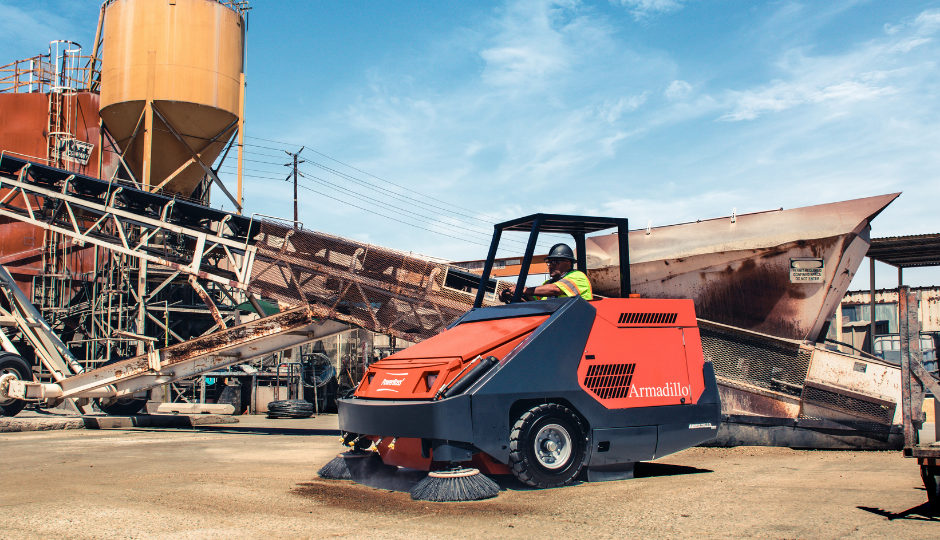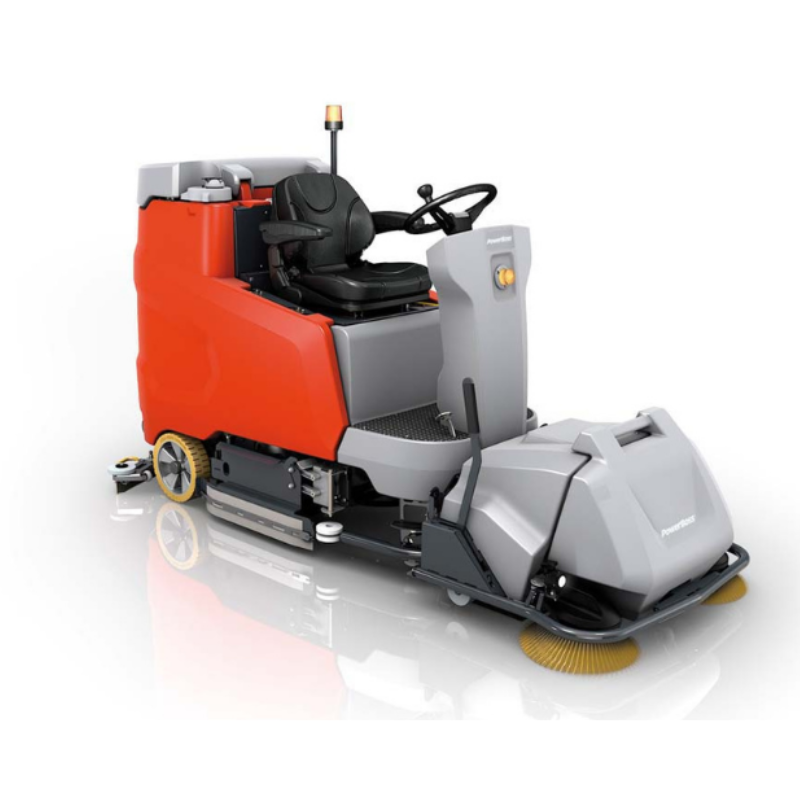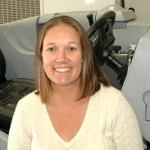When working in industries like pressure washing or construction, using a reliable recovery system isn’t optional—it’s essential. Systems like the Hydro Tek AZV55 and AZV88, offered across Los Angeles, San Diego, Central Valley, Las Vegas, and Phoenix by Total Clean Equipment, are examples of modern trailer mounted pressure washer solutions that make water reuse practical. These machines not only reduce water waste but also help comply with local discharge rules. They’re durable, efficient, and trusted for demanding jobs. The importance of using systems like these goes beyond saving water—it’s about protecting the environment while meeting operational needs. Water recovery systems first gained attention in the 1950s, focusing more on pollution control than reuse. Back then repurposing treated wastewater, especially for non-drinking purposes, wasn’t a priority. Fast forward to today and water recovery systems exist to address growing water scarcity and stricter environmental regulations. They’re designed to collect, filter, and reuse water that would otherwise go to waste. This helps conserve resources and reduce pollution.
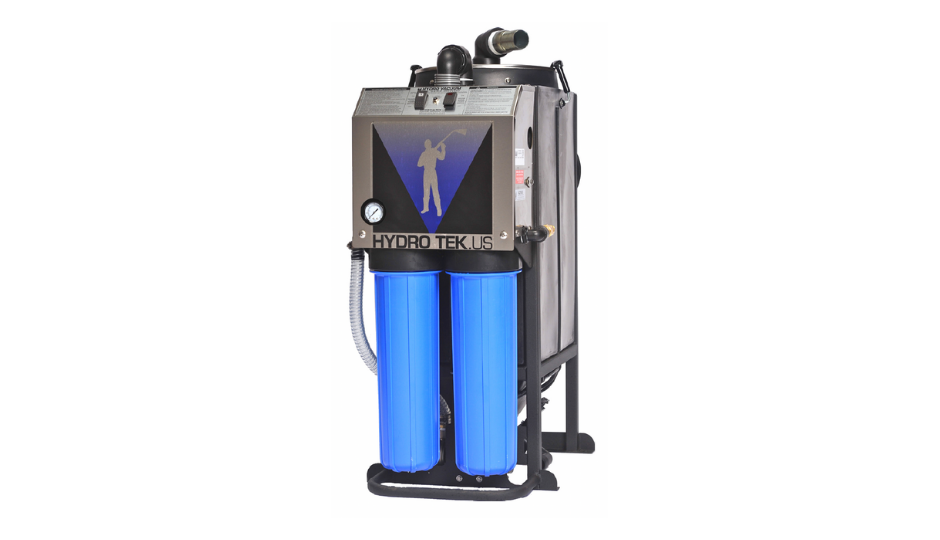
Why Do Water Recovery Systems Exist?
Water recovery systems are designed to save water and safeguard limited resources. These systems treat wastewater or graywater, making it reusable for purposes like irrigation, industrial operations, or cooling. They help reduce the need for fresh water, which is especially valuable in areas dealing with shortages or drought. Reusing water also lessens pollution by keeping untreated wastewater out of rivers, lakes, and oceans. Another significant advantage is cost savings. Reclaimed water is often cheaper than relying heavily on fresh water sources. It also lowers the expense of treating large volumes of wastewater. These systems play an important role in sustainability, helping communities depend less on outside water supplies. They also strengthen water availability in dry seasons or unpredictable weather, ensuring more consistent supply.
Though mainly used for non-drinkable purposes, water recovery systems have broader benefits. They protect aquifers and reservoirs from overuse, which helps maintain natural ecosystems. By reducing stress on these reserves, they support long-term environmental health. These systems are becoming critical as population growth and climate changes put added pressure on water resources.
How Do Water Recovery Systems Work?
Water resource recovery, often called valorization, focuses on turning waste into useful materials or energy. This process includes water reuse, brine valorization, and energy recovery. Water reuse involves treating wastewater or brackish water so it’s clean enough for activities like irrigation, industrial cooling, or even certain manufacturing processes. For example, treated water can reduce strain on freshwater supplies, particularly in drought-prone regions where every gallon counts. Brine, a by-product of desalination, contains valuable chemicals like sodium hydroxide and hydrochloric acid. These compounds are essential in producing paper, refining metals, and making cement. Instead of dumping brine into waterways, facilities can sell it to industries, cutting disposal costs and conserving natural water sources. This shift not only reduces environmental risks but also creates economic incentives for desalination plants. Energy recovery uses methane gas produced during water treatment or employs algae by-products as nutrient-rich fertilizers for agriculture. Methane can power treatment facilities or be converted into electricity, while algae-derived fertilizers offer a sustainable alternative to chemical options. These innovations make water treatment more efficient and environmentally friendly.
Regulations for water reuse and valorization in the U.S. differ by state. The Environmental Protection Agency (EPA) doesn’t directly enforce reuse practices. Instead, it supports these efforts through programs tied to the Clean Water Act and Safe Drinking Water Act. States take the lead, setting specific rules and standards. Some states have formal water reuse programs, while others manage reuse under general water laws. This layered regulatory system protects public health and encourages safe, practical reuse solutions. By combining federal guidance and state oversight, these efforts help safeguard water resources for future use.
Hydro Tek AZV55 & AZV88 Water Recovery Systems
The AZV vacuum and filtration system is a reliable wastewater treatment solution with six filtration stages, handling up to 8 gallons per minute of continuous processing at five microns. It manages wastewater without requiring soaps or chemicals, making it eco-friendly. The system includes a vacuum scupper to recover water, eliminating messy runoff by capturing up to 12 gallons per minute. Recycled water is pumped back to a bulk water tank for reuse, whether it’s for power washing concrete or other flat surfaces. If needed, treated water can also be diverted to landscaping or sewers, as regulations allow. Heavy solids settle in the tank’s V-section, which can be quickly purged using a convenient dump valve. When paired with a Hydro Tek SC Series washer and Pro Tow Wash trailer mounted pressure washer or tank skid, the AZV system becomes a fully mobile wash, recovery, and recycle unit. Designed for both cold and hot water use (up to 200°F), it meets EPA requirements for storm drain protection and helps conserve water. Models like the AZV55 and AZV88 provide portable recycling options, making compliance with regulations simple and affordable for professional cleaners. This system is a practical choice for those seeking efficiency and environmental safety during pressure washing jobs.
General Summary & Conclusion
Looking ahead, the next ten years will bring exciting advancements in water recovery systems. Decentralized setups are on the rise, making on-site water recovery more accessible for homes and small businesses. These systems reduce dependency on centralized water sources, cutting costs and improving efficiency. Emerging technologies like forward osmosis, photocatalysis, and electrochemical processes are stepping into the spotlight. They offer energy-saving solutions and make water treatment more affordable, which is a win for both budgets and the environment. Systems like the Hydro Tek AZV55 and AZV88 show how water recovery is already adapting to these trends. The AZV55 provides portability and reclaim efficiency that’s perfect for smaller jobs, while the AZV88 offers higher capacity for bigger projects. Both models filter wastewater on-site, meeting rising demands for localized systems. If you’re ready to improve your water recovery process, Total Clean has you covered. Just message us or call us at (909) 598-2706 today.
